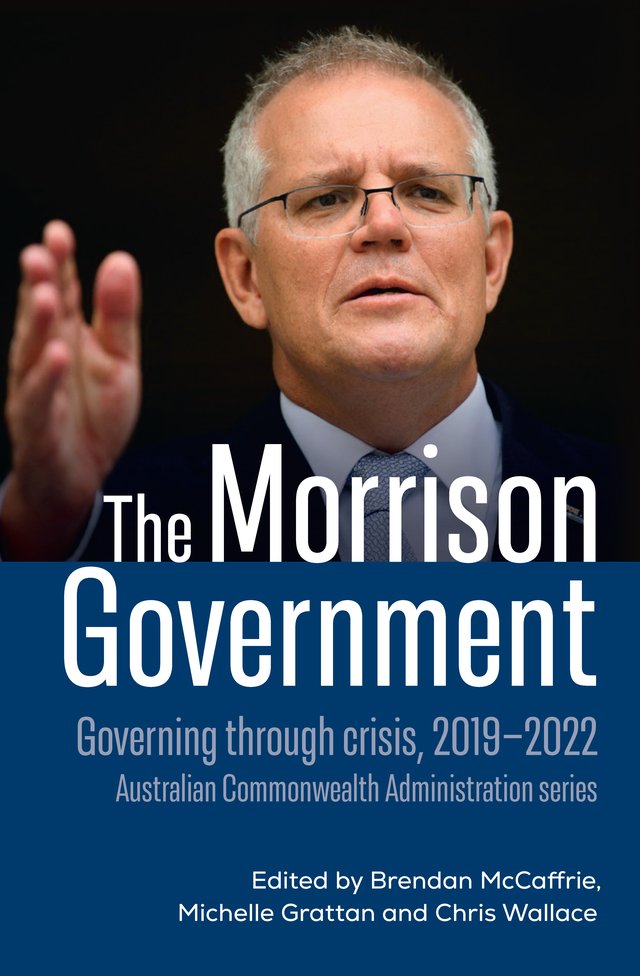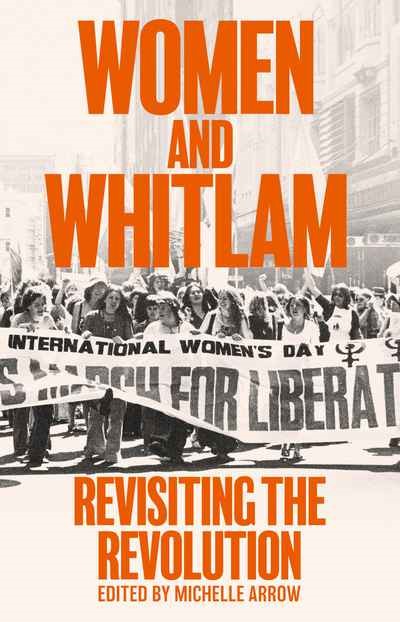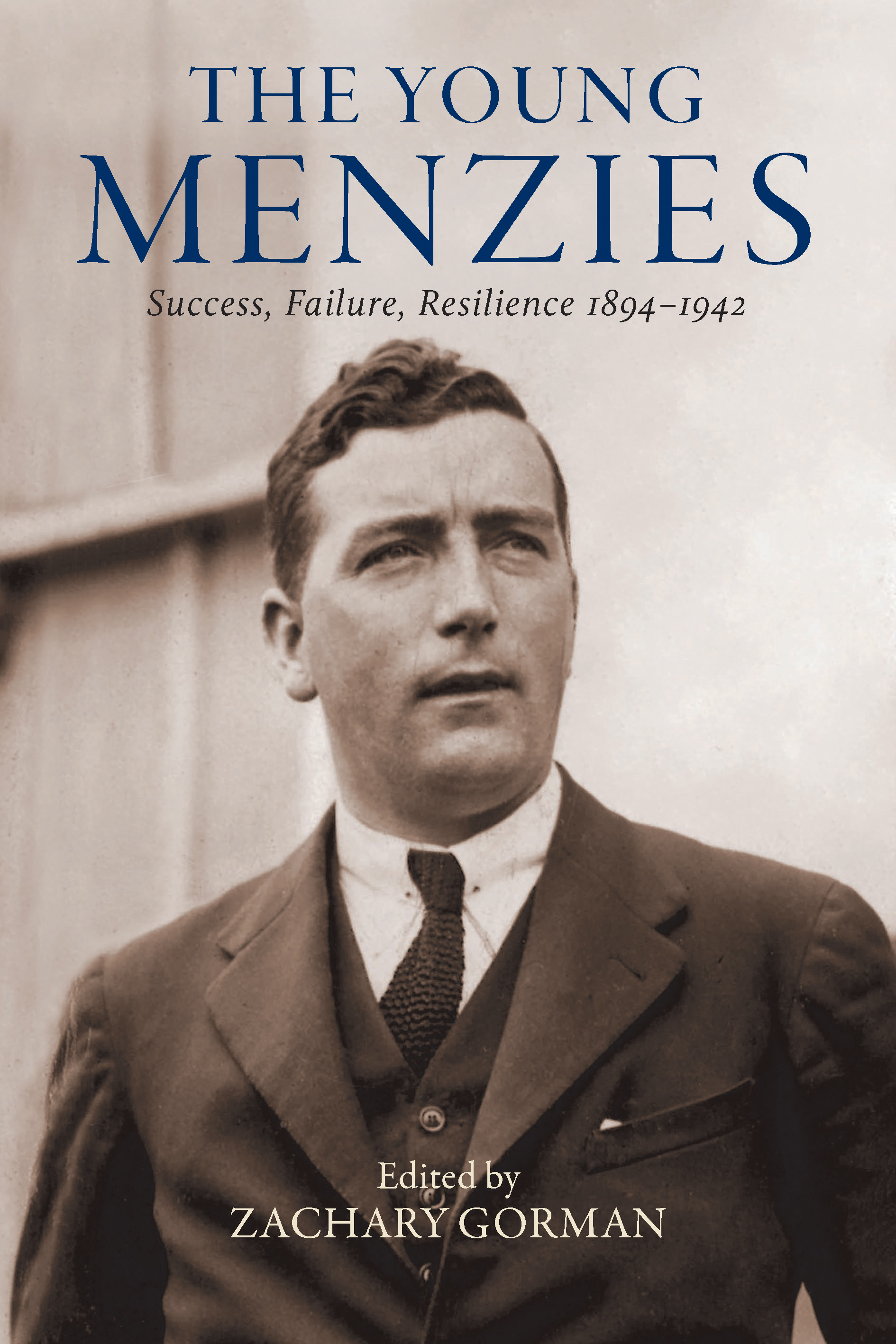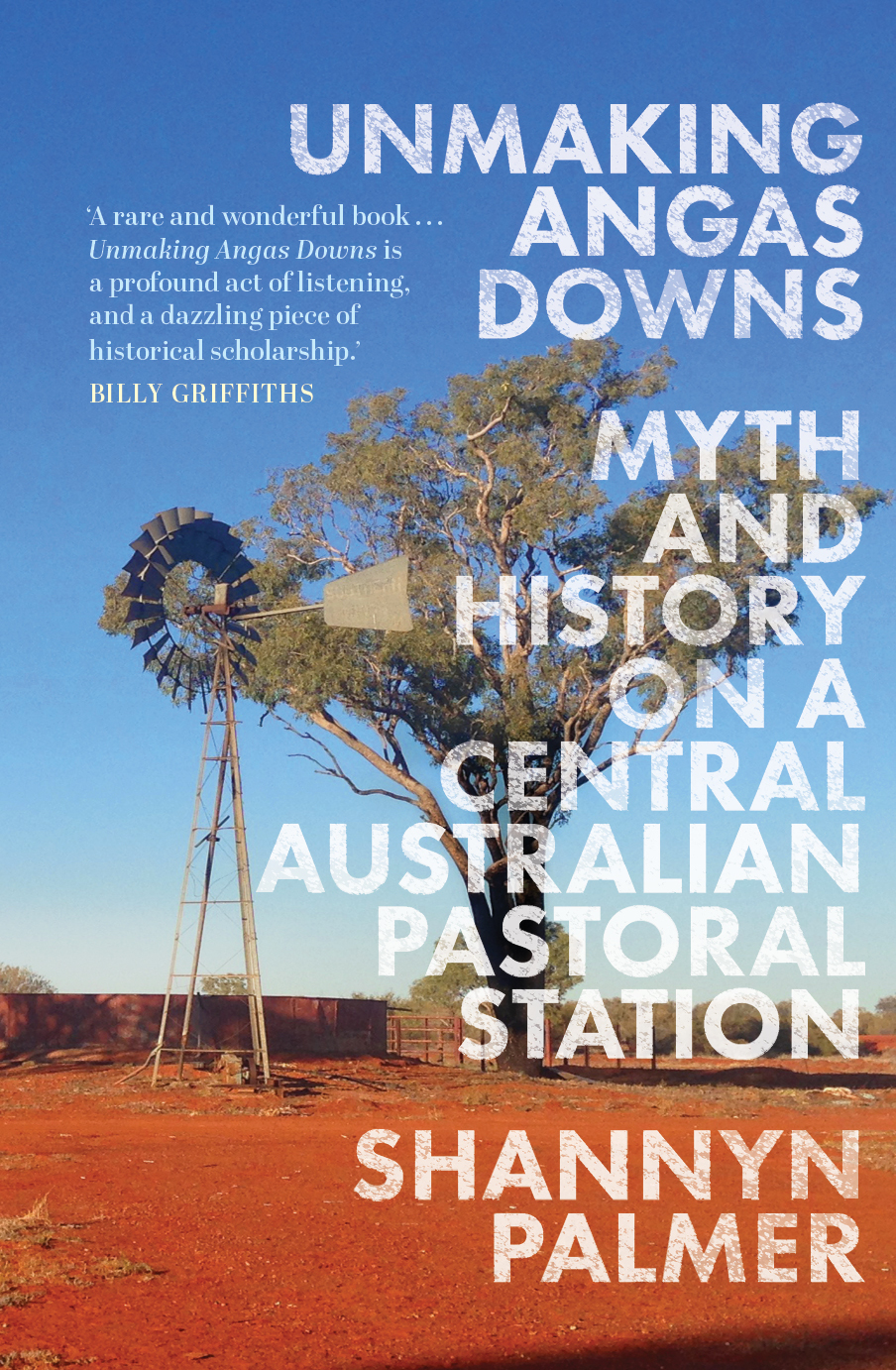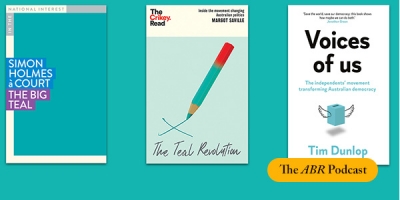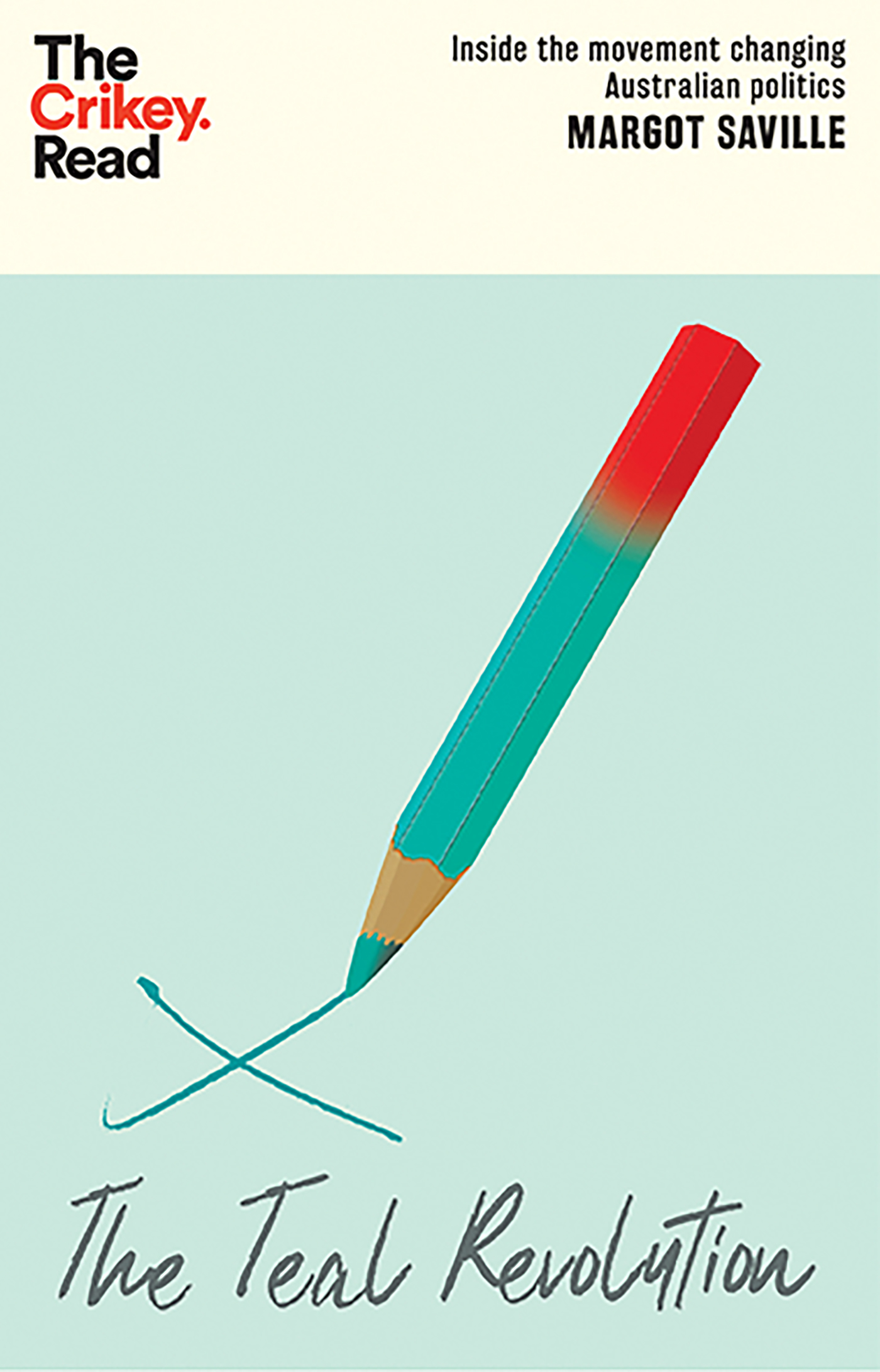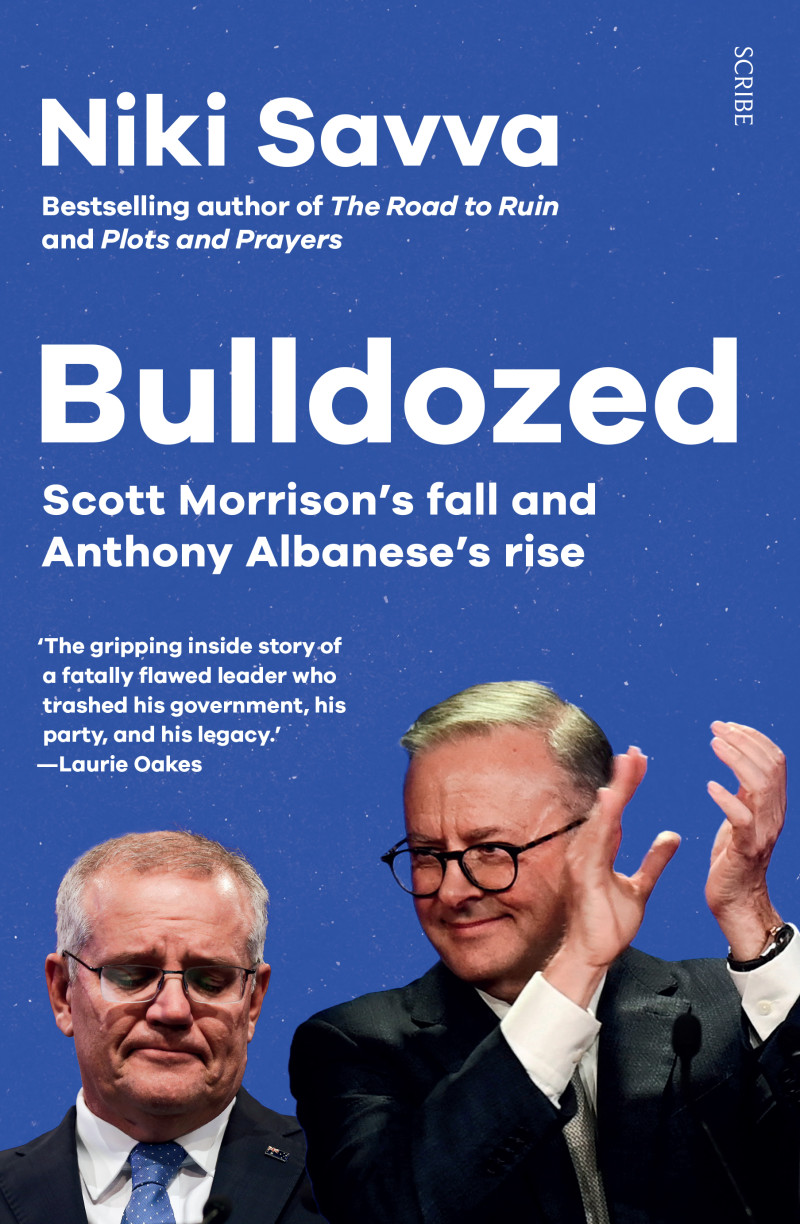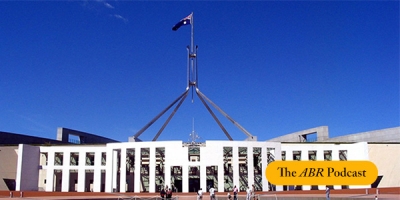Australian Politics
The Morrison Government: Governing through crisis, 2019-2022 edited by Brendan McCaffrie, Michelle Grattan and Chris Wallace
In 2008, at the Australian zenith of the American custom of rating the first hundred days in power, Kevin Rudd issued a fifty-five-page booklet to mark his new government’s quotidian ton. Inevitably, it proved nothing much at all. Critics said it was both premature and simply validated the critique that Labor under Rudd had ‘hit the ground reviewing’. The Sydney Morning Herald worked out that Rudd had initiated an inquiry every four days, which sounded bad. But after eleven years of John Howard’s government, many things required attention. As Rudd countered, Howard had initiated ‘495 inquiries and reviews in 2005–06 alone’.
... (read more)Women and Whitlam: Revisiting the revolution edited by Michelle Arrow
Nearly fifty years ago, when President Lyndon Johnson decided to begin scaling down Washington’s disastrous war in Vietnam, the Australian Minister for the Air, Peter Howson, confided to his diary that ‘to my mind it’s the first step of the Americans moving out of Southeast Asia and … within a few years, there’ll be no white faces on the Asian mainland’.
... (read more)The Young Menzies: Success, failure, resilience 1894–1942 edited by Zachary Gorman
Unmaking Angas Downs: History and myth on a Central Australian pastoral station by Shannyn Palmer
Since the May 2022 federal election, several books have been published seeking to explain the rise of the teal independents. In this week’s ABR Podcast, Dennis Altman, a Vice-Chancellor’s Fellow at La Trobe University, reads his review of three such books. Altman argues that the media’s concern with the teals borders on an ‘obsession’, blinding them to other cross-currents in the Australian political landscape. Listen to Dennis Altman’s ‘Teal Talk: Exaggerating the independents’ revolution’.
... (read more)The Teal Revolution by Margot Saville & The Big Teal by Simon Holmes à Court
Bulldozed: Scott Morrison's Fall and Anthony Albanese's Rise by Niki Savva
Unlike in the United States and several other Western nations, Australian governments are under no compulsion to consult parliament before sending troops to war. In Subimperial Power: Australian in the international arena, Clinton Fernandes argues that this reflects, and furthers, Australia’s longstanding ambition in foreign affairs, which is to demonstrate its usefulness to the United States. In this week’s ABR Podcast, Kevin Foster, an academic at Monash University who has published widely on war in the Australian media, reviews Subimperial Power.
... (read more)
